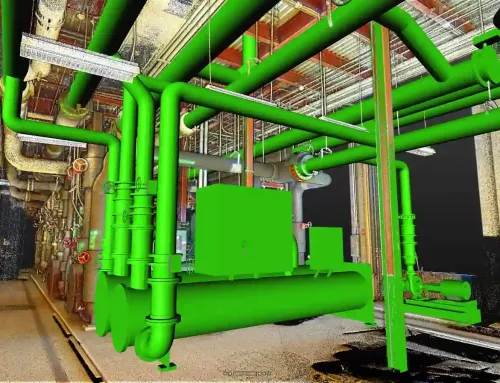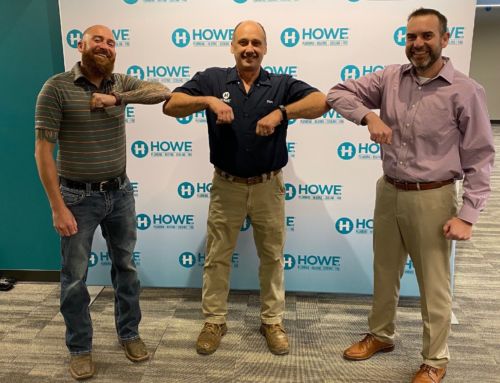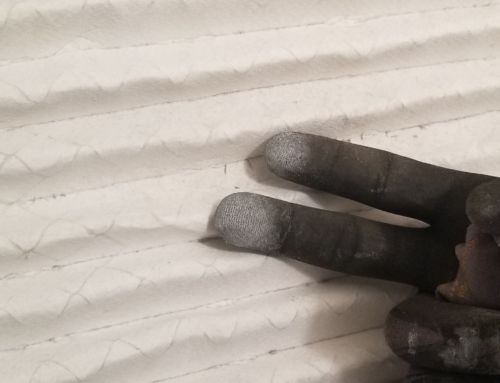
Instead of making the mistake of ignoring your water heater until an irreversible problem arises, you should take precautionary steps to prevent costly fixes later. On average, water heaters can last anywhere from 10 to 15 years if you keep up with maintenance.
An important component of your water heater is the temperature and pressure relief valve (T&P valve). It is usually located at the top of the water heater. This valve is activated when the temperature or pressure inside your water heater exceed safe levels, and once activated, releases scalding hot water or steam to reduce both the temperature and pressure.
Here are some important ways to prevent issues with your T&P valve:
- Prevent anyone from meddling with it or the discharge line.
- Check it once a month to make sure everything looks normal and dry. If you notice corrosion build-up or leaking, have it looked at by a professional.
- Be sure that the discharge pipe leads into a drain or outdoors. If the safety feature were to activate or leak you wouldn’t want it near anything that could be damaged.
- If the valve fails to open manually or close completely after being opened it needs to be replaced by a professional.
- Under normal operation the T&P valve should not discharge water from the valve. If you notice water or a leak, call a professional to come inspect your unit.
- Whenever you’re in doubt upon inspecting your water heater take the necessary precautions and contact a professional heating and cooling professional to inspect.
If you have an older water heater that has lacked maintenance, there’s a risk that corrosion is taking place. Water heaters corrode from the inside out, which can eventually lead to leaking water or a ruptured tank. Here are a few warning signs that your water heater is at risk of a ruptured tank:
- The bottom of your tank is leaking water.
- Water has a red or brownish tint at the tap. This could be a sign that there is rust and corrosion inside your tank. However, if you have a newer tank this might be a sign of rust in your pipes.
- Fluctuation in hot water temperature occurs.
- A knocking or rumbling noise can also be a sign there is an extensive amount of sediment buildup that can also deteriorate the tank.
Monthly visual inspections, coupled with annual inspections by a licensed professional are the best ways to prevent costly issues with your water heater. Contact the experts at Howe, Inc. and schedule your next water heater inspection so we can help keep your equipment operating at peak efficiency.











